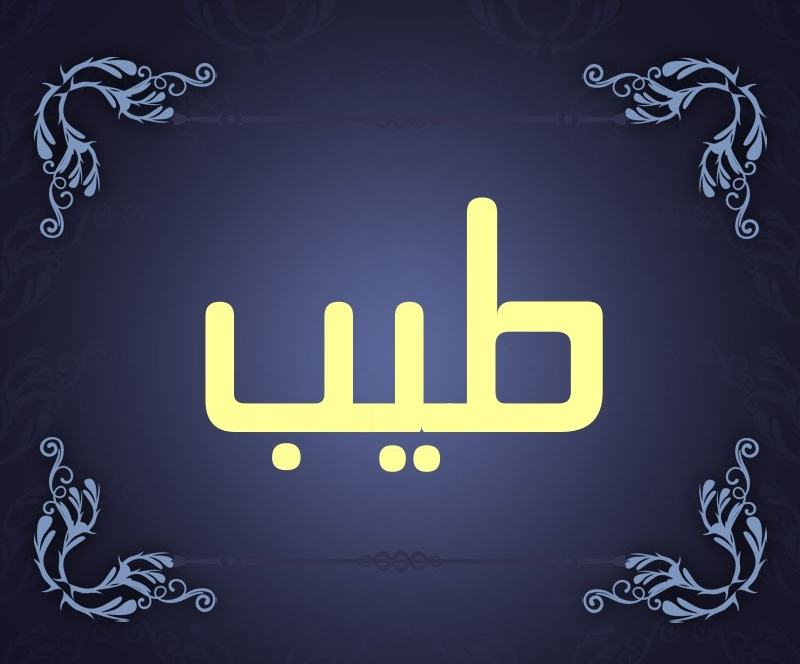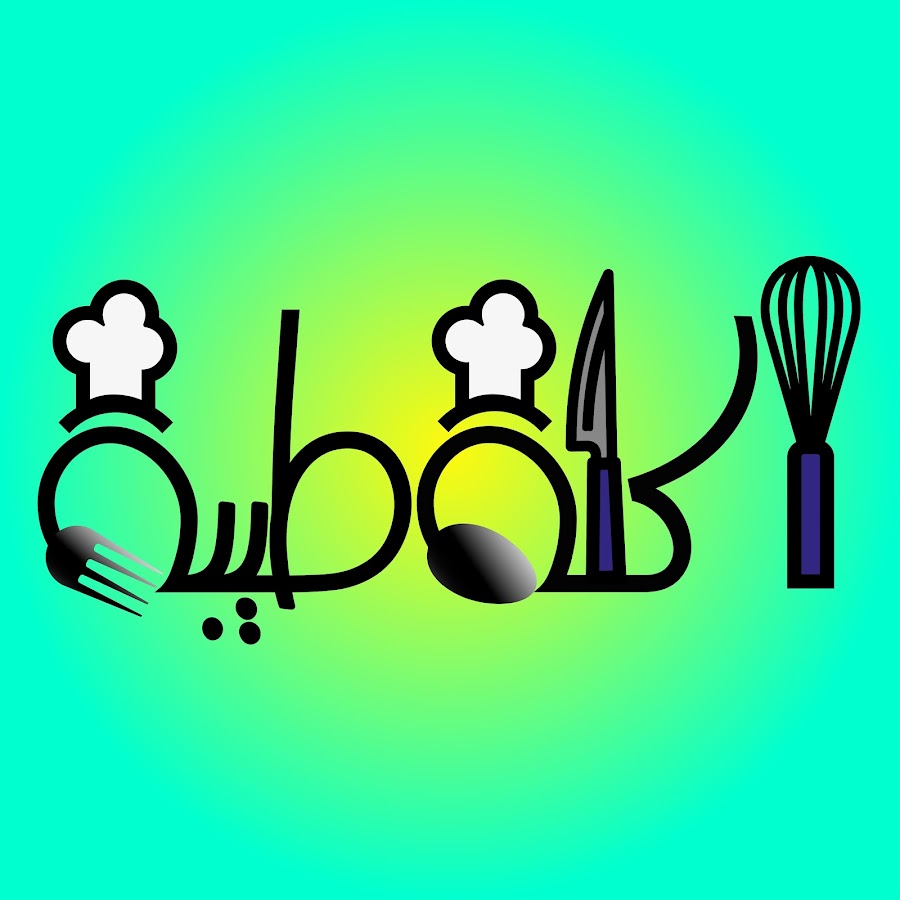The Word “Tayyeb” in the Damascene Dialect: Uses and Meanings
The word “Tayyeb” in Damascene Arabic is like a Swiss Army knife of expressions, taking on various meanings depending on the context. This flexibility makes it a key part of daily conversations in Syria. Let’s dive into the many ways “Tayyeb” can be used:

Tayyeb = Okay
When someone says “tayyeb” in response to an invitation or suggestion, they’re giving their approval. For example, if someone asks, “Do you want to go grab coffee?” and the answer is “tayyeb,” it means “Okay, I agree.”
Tayeb = You’ll See
Sometimes, “tayyeb” can come with a challenge or subtle threat. For instance, if someone makes an annoying comment, the response might be, “Tayyeb, I’ll show you,” implying, “You’ll see what I’ll do.”
Tayeb = Alright, what Can I Do?
When someone is at a loss for how to help or solve a problem, they might use “tayyeb” to express helplessness. For example, if someone complains, “My car broke down and I don’t have money to fix it,” the response could be, “Tayyeb, what can I do?”
Tayeb = So What Happened Next?
If someone is keen on hearing more about a story or event, they might say “tayyeb” to prompt further details. For instance, if someone is telling a story and pauses, the listener might ask, “Tayyeb, what happened next?”
Tayeb = Surprised or Skeptical
When someone is astonished or skeptical about something they’ve heard, “tayeb” can express their surprise. For instance, if someone says, “I saw the artist on the street yesterday,” the response might be, “Tayeb, wait really?”
Tayeb = You Got It
When someone is asked to do something and responds with “tayeb,” it means “Sure, I’ll do it.” It signifies readiness to comply with a request.
Tayeb = Delicious Food

When describing food, if someone says “tayeb,” it means the food is tasty and enjoyable. For instance, “This dish is tayeb” translates to “This dish is delicious.”
Tayeb = Good Person
When referring to someone as “tayeb,” it means they are a good, kind-hearted person with strong morals.
Tayyeb = Alive
If someone asks about a person’s well-being and the response is “tayeb,” it means the person is alive and well.
Tayyeb = Changing the Subject
If someone is annoyed by a topic and wants to change the subject, they might use “tayyeb” for that purpose. For example, if a conversation becomes uncomfortable, one might say, “Tayeb, let’s move on from this topic.”
“Tayeb” might seem simple, but in Damascus, it’s a key to understanding a wide range of feelings and situations. Its ability to convey different meanings makes it an integral part of daily conversations, adding a unique flavor to the Damascene dialogue.
Tayeb, did you enjoy this article?





